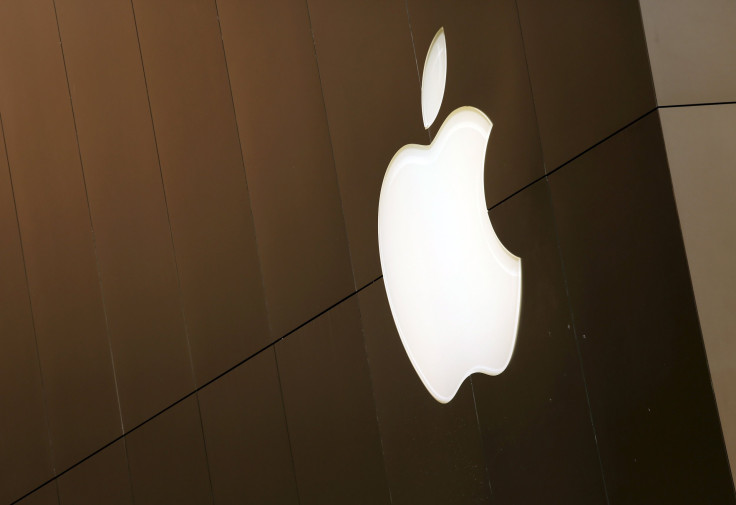Ericsson Thinks Apple Inc. Should Pay Up To Use Its 4G Wireless Patents

Apple Inc. has profited mightily off its iPhones and iPads, which just happen to use basic wireless technologies invented by a mobile phone giant of the past: Ericsson. The Swedish mobile telecom company has already sued Apple in the U.S. and now is taking its case global with lawsuits filed in Germany, the U.K. and the Netherlands.
Ericsson said in a press release that Apple does not currently have a license for Ericsson’s patents related to 2G and 4G LTE wireless technology and it has been trying for at least two years to strike a deal with the Cupertino, California, company. Most recently, Ericsson said it had offered to enter into arbitration with Apple to establish a licensing agreement for its patents which are necessary for industry standards, but the offer has since expired.
"Apple continues to profit from Ericsson's technology without having a valid license in place,” Kasim Alfalahi, chief intellectual property officer at Ericsson, said in a statement. “Our technology is used in many features and functionality of today's communication devices. We are confident the courts in Germany, the U.K. and the Netherlands will be able to help us resolve this matter in a fair manner.”
Ericsson filed seven complaints against Apple in February with the federal court in the Eastern District of Texas for 41 patents it believes cover certain features of Apple’s iPhones and iPads. It addition, it lodged two complaints with the International Trade Commission, asking the regulatory body to block iPhone sales in the U.S.
Apple countersued Ericsson in January, claiming that the telecom manufacturer was seeking excessive royalties, according to Bloomberg. If Apple were to lose, it would have to pay Ericsson anywhere between 2 billion and 6 billion Swedish kronor ($240 million to $725 million) per year, according to analysts speaking to Reuters.
Apple did not immediately respond for comment.
© Copyright IBTimes 2024. All rights reserved.












